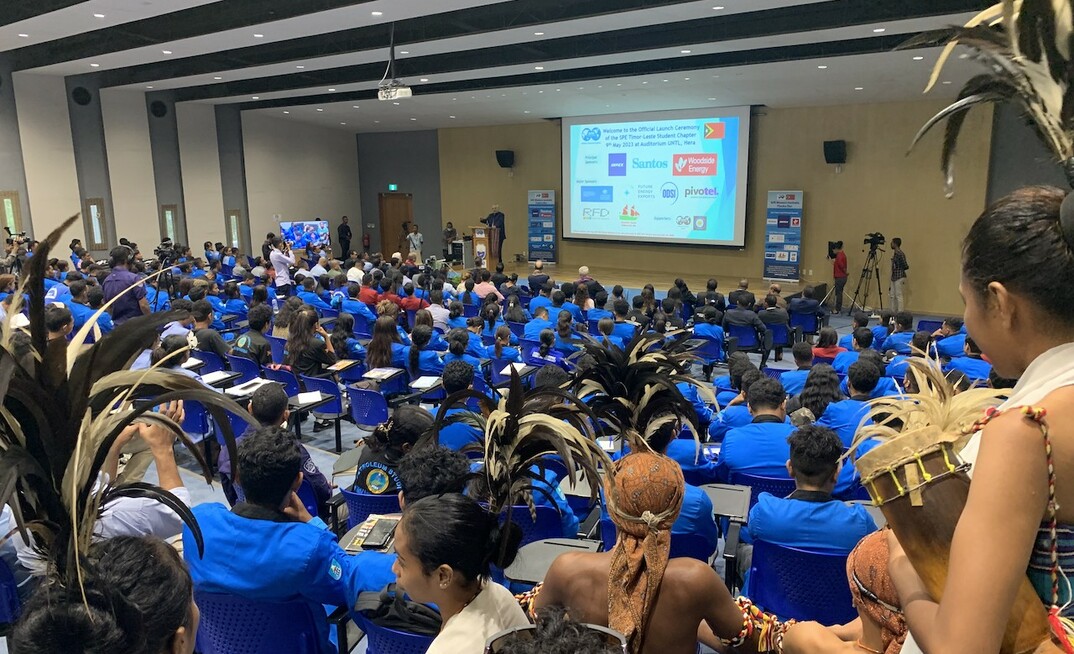Society of Petroleum Engineers (SPE) chair Steve McBride said the organisation wants to make prospective petroleum engineers aware that there is a viable long-term career in oil and gas despite the escalating climate activities, especially in Australia and the UK.
"If we don't have any engineers going into energy, then it's going to be a massive problem. petroleum and gas are only two types of energy," McBride noted.
Speaking to Energy News Bulletin (ENB), McBride said the overall oil and gas volume consumption around the globe is still increasing with the global population growth rate.
He highlighted that despite surging renewable energy like solar and hydrogen, it is still essential for us to support the students and current professionals working in the industry.
YOU MIGHT ALSO LIKE
According to Jobs and Skills Australia, 2,600 petroleum engineers are employed nationwide, with over 56.1% working in Western Australia.
Queensland is the second largest state that offers employment to petroleum engineers, taking up 20.9% of the employed workforce.
Timor Leste
McBride told ENB that Timor Leste, also known as East Timor, could be set up as a centre to supply skilled labour targeting the petroleum industry in Australia, as the country is only a one-hour flight away and has a large number of petroleum engineering students.
"Two years ago, when I was first told about the number of petroleum and geology students in Timor, I was extremely surprised, [with] somewhere between one and a half and 2000 petroleum students and geology students in Timor Leste," he said.
"One of the main reasons is because so much of their GDP (Gross Domestic Product) was driven by fields such as the Bayu Undan field, which Santos operates.
"Subsequently, many students felt this was a viable industry."
However, McBride said that there are not enough work opportunities in the field within Timor Leste.
Currently, Timor Leste's economy is primarily dependent on the extraction of oil reserves from the Timor Sea, which accounts for 80% of its GDP, according to Tourism Timor-Leste.
Academics acknowledge the importance of the resource sector for energy transition
The University of New South Wales (UNSW) stated that mining and petroleum engineering is needed to fight climate change.
Ismet Canbulat, head of the School of Minerals and Energy Resources Engineering at UNSW, emphasises that humankind cannot function without the resource industry.
"Minerals and energy are essential for [the] survival of humanity," Canbulat said.
"Survival in a way, that we support many industries, including medical construction, water, space, farming, anything, and everything that you can think of.
Canbulat added that petroleum engineering would support carbon sequestration and net carbon zero industries, while mining engineering is required to support renewable energy.
"Therefore, when you put the two together, we are destined to help the humanity to go and achieve a carbon free future."
























